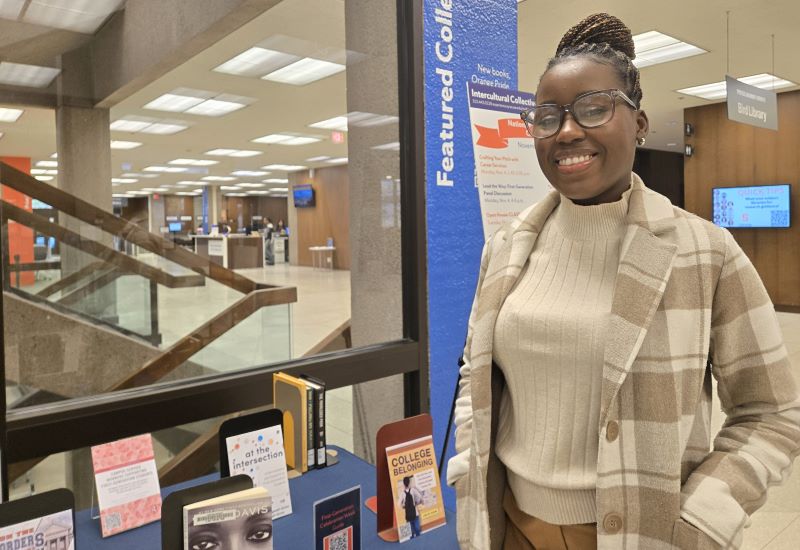Rose Tardiff ’15: Sparking Innovation With Data, Mapping and More
While pursuing a bachelor’s degree in geography in the Maxwell School, Rose Tardiff ’15 became involved with the Salt City Harvest Farm, a community farm near Syracuse where newcomers from all over the world grow food and make social connections….


